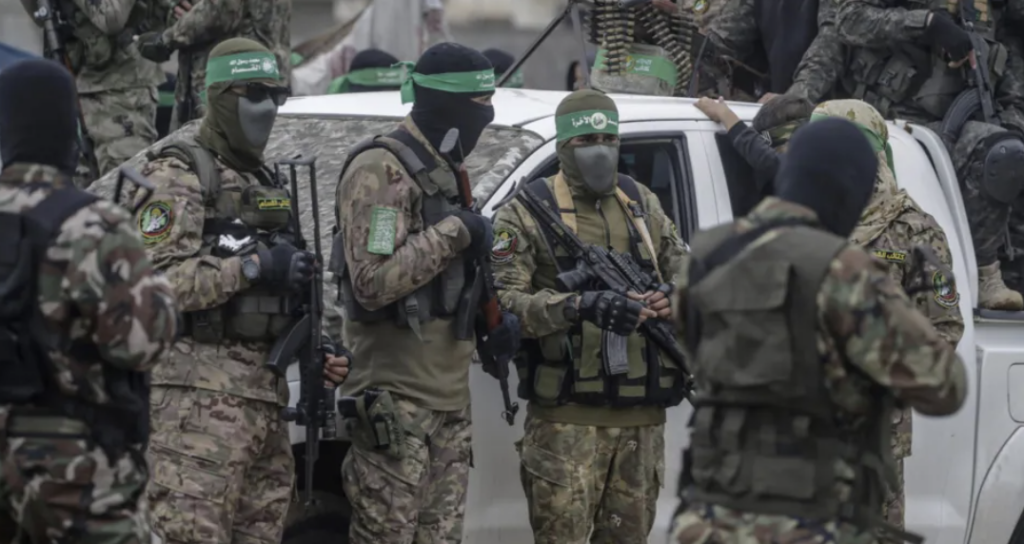The southern Gaza city of Khan Younis has witnessed one of the deadliest internal confrontations since the war began, as fighting broke out between Hamas security forces and members of the powerful al-Mujaida clan. The clashes, which erupted after a Hamas raid, left several people dead and heightened fears of escalating lawlessness in the besieged territory.
According to Hamas officials, their forces launched a raid in the al-Mujaida neighborhood to detain individuals accused of collaborating with Israel. However, local accounts paint a different picture, describing an armed assault by around 50 Hamas fighters riding in pickup trucks, armed with rifles and even a rocket-propelled grenade launcher. Witnesses say the assault killed five members of the al-Mujaida family.
Relatives of the slain men quickly retaliated, sparking hours of heavy gun battles. Social media reports—though unverified—suggest that over 11 Hamas fighters were also killed, with disturbing footage allegedly showing their bodies dragged through the streets. Other widely circulated videos showed RPG fire hitting residential buildings, deepening the atmosphere of chaos and fear.
Local elders eventually stepped in to mediate, facilitating the exchange of bodies between Hamas and the clan in a bid to prevent further escalation. But the violence has raised alarm about the growing risk of civil strife in Gaza, a territory already devastated by war, displacement, and destruction.
The clashes also come at a politically sensitive time. Hamas faces mounting pressure as former U.S. President Donald Trump has demanded that the group accept a ceasefire deal that requires full disarmament. Hamas’s military leadership is reportedly resistant, fearing violent reprisals from families and factions they have clashed with during 17 years in power. Trump has given Hamas until Sunday evening to agree to the deal, warning that failure to comply will trigger “all Hell.”
For many Palestinians, the bloody confrontation in Khan Younis is a grim reminder of how fragile internal stability is, and how quickly tensions could tip Gaza into broader civil conflict.

